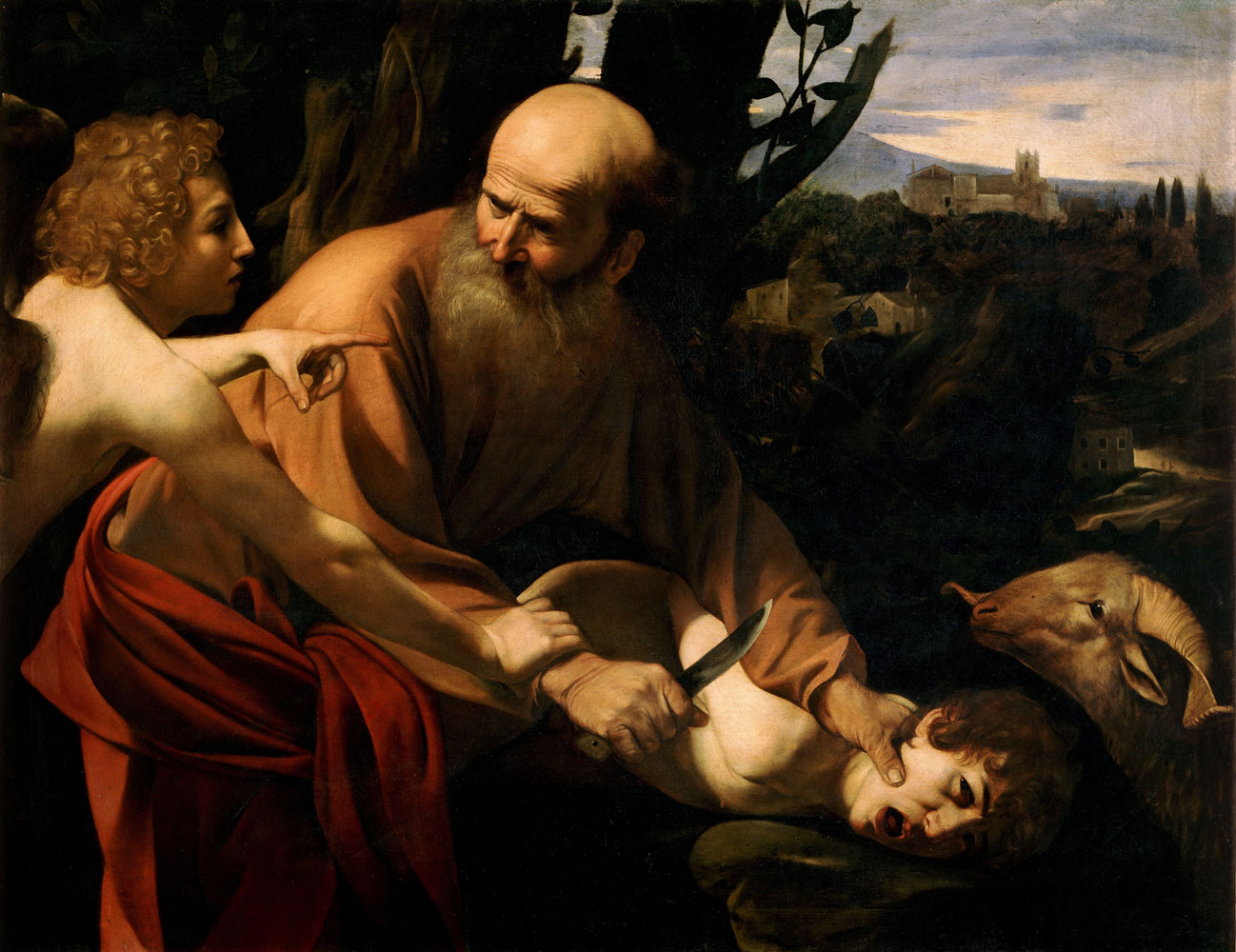
In Perfect Similitude
Did Abraham Actually Sacrificed Isaac?
We all have been taught the story of Abraham and Isaac. Jehovah tries Abraham’s faith by commanding him to sacrifice his only son, but right before Abraham is able to, an angel stops him and a ram is presented to replace Isaac. But what if this is not actually what happened?
In every way, the story Abraham and Isaac is in similitude of the Father and His Only Begotten Son, except that Genesis records that Isaac was never actually sacrificed. In every scriptural reference to this story, that I’m aware of, Genesis is the only one that says Isaac was saved from being sacrificed. Every other reference implies that he could of been. It could be possible that this is truly in perfect similitude.
In the actual account, there are a few different hints at this as well.
If Abraham was truly tested, or trained, in what The Father would go through, then wouldn’t Abraham actually have to sacrifice his son. In Gen. 22:1 it says “God did tempt Abraham.” The word tempt has a footnote that leads to D&C 136:31, which says “My people must be tried in all things, that they may be prepared to receive the glory that I have for them.” It is clear that Jehovah wanted to prepare Abraham to receive exaltation, what better preparation then to experience what the Father, an exalted being, has to experience.
In Gen. 22:3 it says, “[Abraham] took two of his young men with him, and Isaac his son.” Genesis is very clear to distinguish Isaac from these two young men. Later on when Abraham returns from this experience it says, “Abraham returned unto his young men, and they rose up and went together to Beer-sheba.” It makes no mention of Isaac leaving this experience. If Isaac was actually sacrificed, it is possible he could have been left on the alter.
Other scriptures give a different view on what could of happened.
In Hebrews chapter 11, it speaks of the faith ancient prophets exhibited. Many versus are dedicated to the faith of Abraham, Sara, and Isaac. A few of these read “17 By faith Abraham, when he was tried, offered up Isaac: and he that had received the promises offered up his only begotten son, 18 Of whom it was said, That in Isaac shall thy seed be called: 19 Accounting that God was able to raise him up, even from the dead…” It says that Abraham “offered” Isaac. The past tense in offered, and the literal examples earlier in the chapter, gives that impress that Abraham had faith, specifically, that Isaac would be risen from the dead.
In Jacob 4:5, it also hints that Abraham could of followed through the act of sacrifice, “[Abraham was] obedient unto the commands of God in offering up his son Isaac, which is a similitude of God and his Only Begotten Son.”
The New Testament Student Manual speaks a little bit about Abraham’s faith.
The supreme example Paul gave of Abraham’s faith was his willingness to obey the Lord’s command to sacrifice Isaac, the birthright son through whom the Lord had covenanted to give Abraham an innumerable posterity. Even though obeying the Lord’s command would seem to make this promise impossible, Abraham had faith that the Lord would yet fulfill all His words.
Elder Bruce R. McConkie discussed Abraham’s test of faith and suggested why it serves as an example of faith to all of us:
Who can conceive of a more severe test of faith than the heaven-sent order to sacrifice the heir of promise, the heir whom God must then raise from the dead that his promises concerning Isaac might be fulfilled. (Gen. 21:12.)
Why did Deity devise such a test? Certainly it was for Abraham’s blessing and benefit. There can be no question that the harder the test, the higher the reward for passing it. And here Abraham laid his all on the altar, thus proving himself worthy of that exaltation which he has now received. (D&C 132:29.)
Now, if this was truly in perfect similitude, Isaac, the promised son, in which all people shall be heirs to the Abrahamic covenant, willfully allowed his father to sacrifice him, having faith that he would be brought back from the dead, presumably after three days, to fulfill his promise from God to be an heir to the Abrahamic covenant.
With all this speculation, if you read Genesis 22, you read that an angel stopped Abraham from sacrificing Isaac, and was presented with a ram to take his place.
Could it be possible that during all the translations and edits done to the Holy Bible throughout the years, this story was mistranslated? It doesn’t matter. The story, either way, teaches faith. It teaches that God will always keep the promises and covenants He makes.